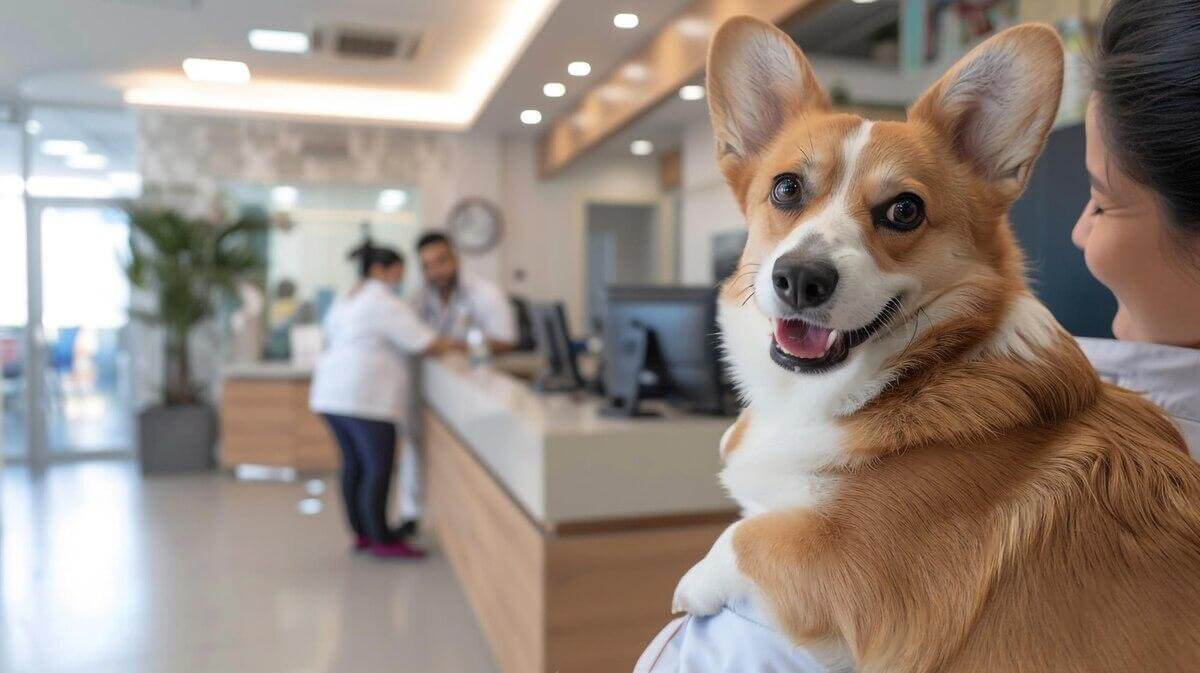Every pet owner wants their furry friend to stay healthy, active, and happy. One of the most important aspects of pet care is managing your pet’s weight. Maintaining a healthy weight for dogs and cats reduces the risk of serious health conditions, improves quality of life, and helps pets live longer.
But how do you know if your pet is overweight, underweight, or just right? And what can you do to keep them in the best shape?
Obesity in pets is increasingly common in Singapore, and it can have serious long-term effects on your pet’s health, including:
On the other hand, being underweight can signal illness, poor nutrition, or heavy parasite burden. In either case, a veterinarian can perform a full health check and recommend the right course of action.

The most accurate way to assess your pet’s weight is by visiting a pet clinic in Singapore. Vets will:
Unlike breed standards that focus on a number, the BCS system is tailored to your individual pet, making it a more reliable guide to their healthy weight.
1. Feed for Their Life Stage
Choose a high-quality diet designed for your pet’s life stage:
2. Avoid Overfeeding and Human Food
Even small amounts of human food can cause weight gain. For example, a small cube of cheese for a cat or toy dog is the calorie equivalent of a whole burger for us. Instead, use:
3. Increase Exercise Safely
4. Monitor Muscle Mass
Weight isn’t only about fat – maintaining muscle mass is especially important in older pets to keep them strong, mobile, and independent for longer.

Sometimes, pet obesity isn’t caused by overfeeding or inactivity. Conditions like hypothyroidism can make it harder for pets to lose weight. If you’ve tried diet and exercise changes without success, consult your veterinarian. A simple blood test can rule out medical issues, and vets can prescribe special weight-loss diets or medications if needed.
Many veterinary clinics in Singapore also offer pet weight management programmes, providing tailored feeding plans, progress tracking, and professional support.
Maintaining a healthy weight for dogs and cats is one of the best ways to ensure they live long, healthy, and happy lives. Whether you’re preventing obesity in pets or helping an underweight pet gain strength, your veterinarian is the best guide.
By feeding the right diet, avoiding excess treats, keeping your pet active, and checking in regularly with your vet, you can keep your pet in peak condition for years to come.